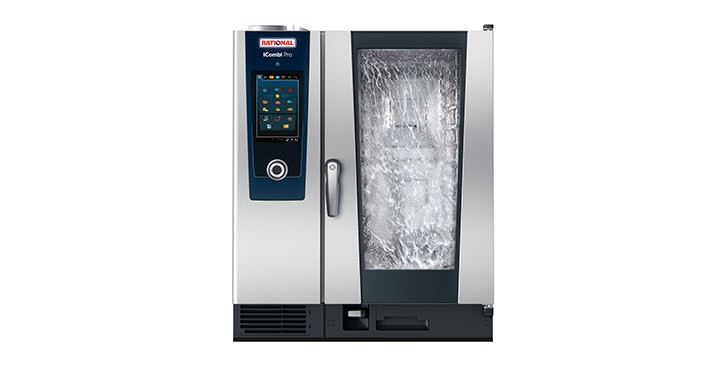So much more goes into a kitchen opening and closing than people realise. Your commercial kitchen will become chaotic and unsafe without formal processes in place. As a business owner, it's your job to make these duties clear and straightforward for your team, so they can focus on making high-quality and delicious food.
A kitchen opening is one of the most crucial procedures since it heavily impacts how the rest of the tasks can be undertaken. Kitchen opening jobs include:
Every kitchen should prioritise food safety. Focusing on food safety will protect your customers from illness and ensure you meet the requirements of health inspectors. Make sure your commercial kitchen staff adhere to all hygiene and safety procedures. Dishes should also be prepared according to standard recipes and served in a timely and appealing manner.

Commercial kitchen equipment should always be clean and well-maintained to pass food safety requirements and to keep productivity levels high. Cleaning should be conducted daily during the kitchen opening, between shifts, and closing. Deep cleaning a commercial kitchen should be carried out every month.
You can help cut down your cleaning workload by incorporating self-cleaning equipment into your kitchen to save you, and your team, time. At RATIONAL, we wanted to take the stress out of commercial appliance cleaning with our iCombi Procombination oven. The iCombi Pro's iCareSystem has an ultrafast 12-minute mid-shift cleaning cycle. With a sensor to let you know how dirty it is at the end of the day, you can decide whether to run an eco or standard clean, including descaling, overnight.
Just like opening the kitchen, closing correctly is essential because it involves storing leftovers overnight and securing the kitchen. Overlooking a simple step such as turning off ovens or stoves may lead to fire, spoiling food and other potential risks. Kitchen closing tasks include:
List all of your "to-dos" in a kitchen SOP checklist on an Excel sheet so you can easily print off the tasks your team need to complete and leave space for tasks to be checked off! Want to learn more about how our self-cleaning cooking systems can enhance your commercial kitchen's productivity? Register for a FREE 10-minute webinar today and the team will be in contact to discuss your needs.